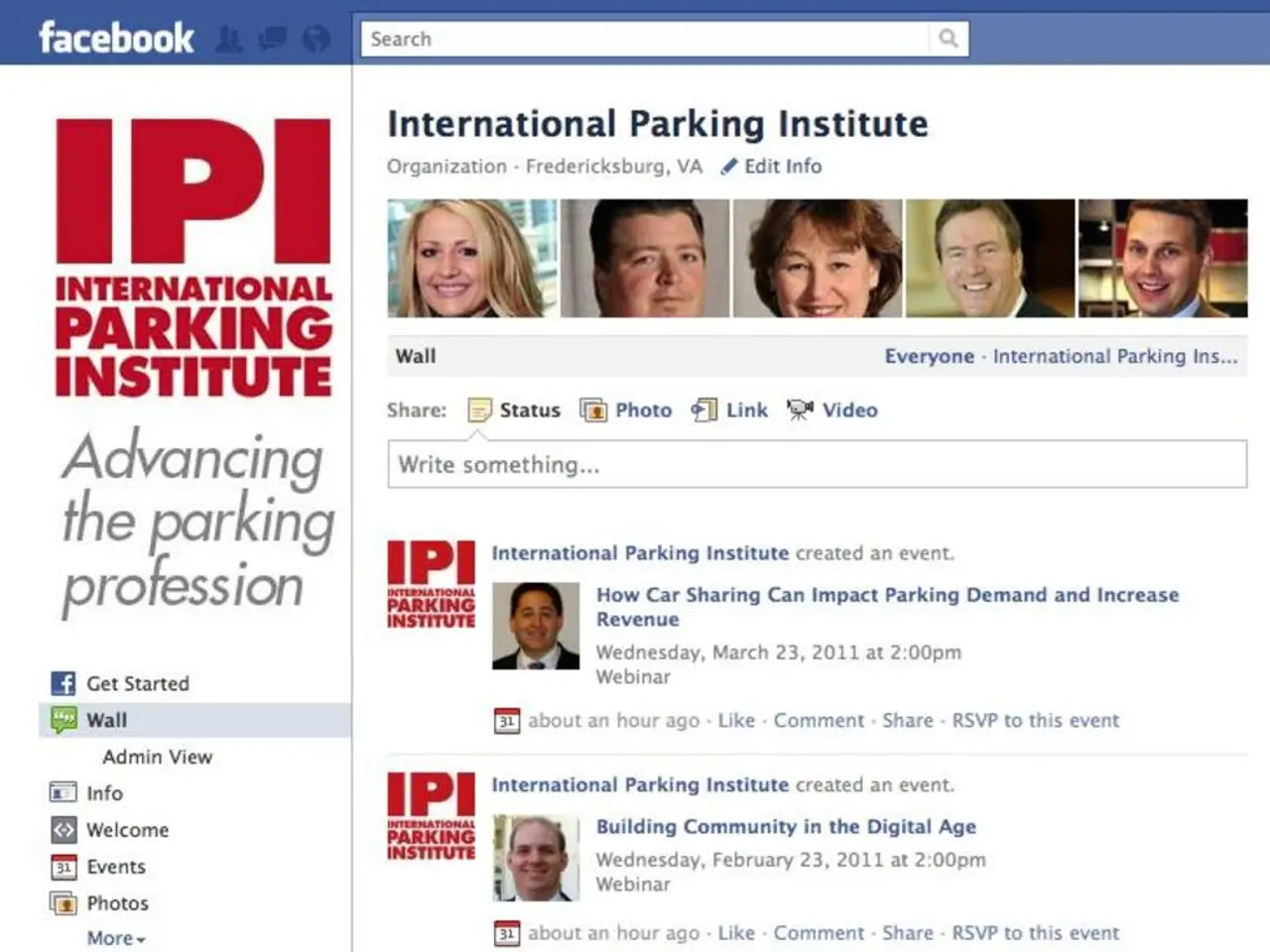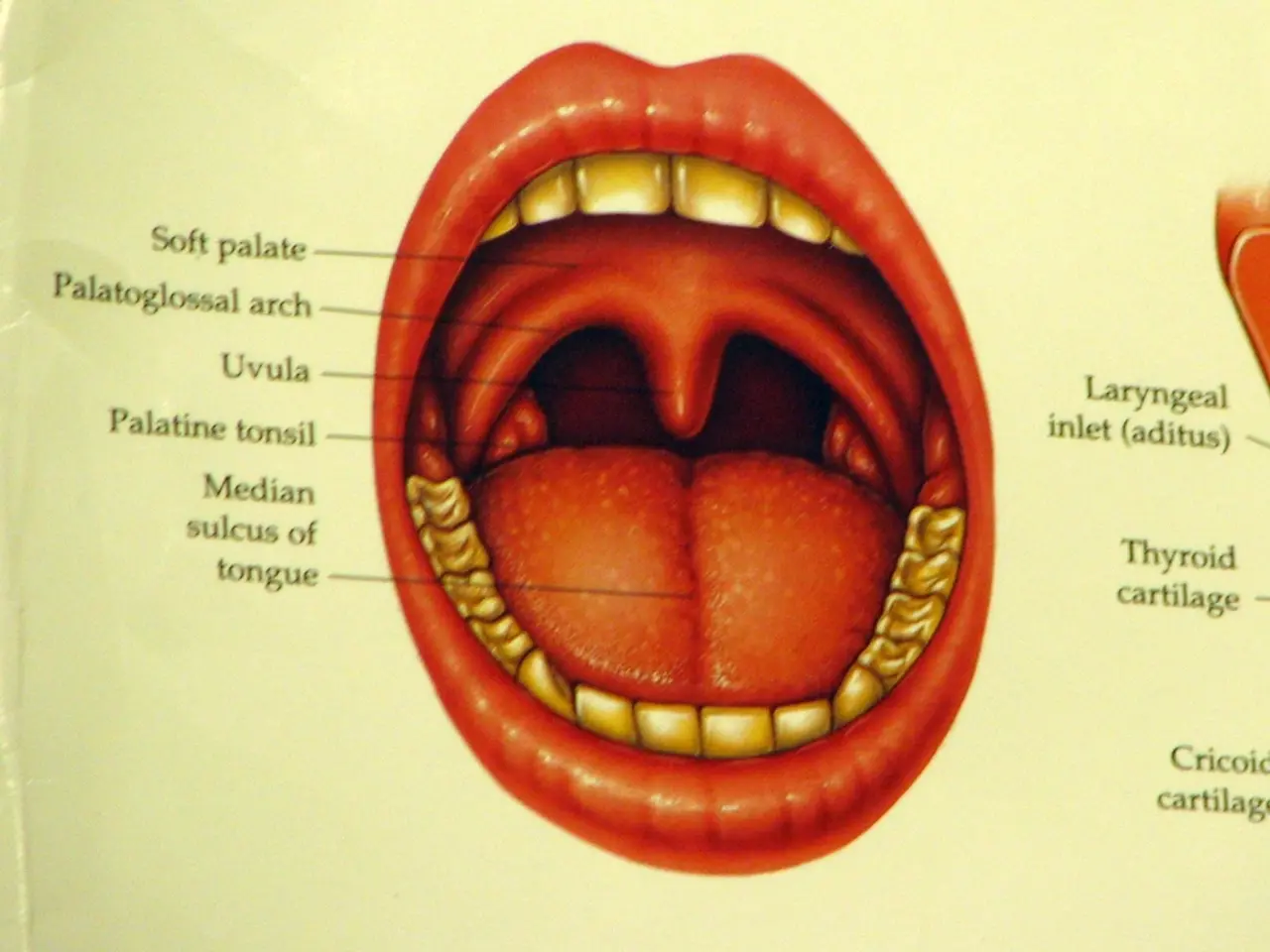Social Media Impact on Psychological Wellbeing: Achieving Moderation
In the digital age, social media platforms such as Instagram, TikTok, and Facebook have become an integral part of our daily lives. However, recent research reveals that excessive use of these platforms can have a detrimental effect on our mental health, particularly among young people and those vulnerable to emotional health issues.
Excessive social media use has been consistently linked to worsening symptoms of anxiety and depression. Spending over three hours daily on these platforms significantly increases the risk of experiencing these mental health symptoms [1]. Key impacts include increased feelings of inadequacy and low self-esteem due to constant exposure to idealized portrayals of others’ lives, which fosters negative social comparison [2][4]. Disrupted sleep patterns are another consequence, as screen time and the difficulty of disconnecting further exacerbate anxiety and depression symptoms [1].
Social isolation and loneliness are also common, as excessive online engagement reduces face-to-face interactions and erodes real-world social skills [2][3]. Moreover, excessive social media use can lead to the development of addictive behaviors, creating a feedback loop where individuals seek social media for temporary emotional relief but end up deepening their depressive and anxious states [2][4]. For those with social anxiety, social media can be both a coping mechanism and a trap, promoting avoidance of real social interactions and increasing isolation [4].
To mitigate these effects, practical tips include setting specific daily limits on social media use, such as restricting usage to under two hours per day. Turning off non-essential notifications can reduce the urge for constant checking and interruptions. Scheduling regular breaks away from screens, especially before bedtime, can improve sleep quality. Engaging more in offline activities, such as physical exercise, hobbies, and face-to-face socialization, is also recommended.
Using apps or phone features that track and manage screen time can increase awareness and self-control. Curating social media feeds to reduce exposure to negative content and unfollow accounts that provoke anxiety or negative self-comparison is another strategy. Seeking professional mental health support if social media use is contributing to significant anxiety or depression symptoms is essential [3][4].
While social media offers connection and information, it's important to assess whether it's doing more harm than good. Social media engagement is often driven by boredom, discomfort with being alone with thoughts, or a desire to briefly disconnect. Once on social media, new stressors may be introduced that can further fuel anxiety [Psychology Today].
In light of these findings, it's crucial to replace social media time with positive activities such as going for a walk, calling a friend, meditating, or exercising. Setting a phone "bedtime" at least 1-2 hours before sleep can help reduce screen time, especially for those who have trouble falling asleep. Making a pact with a friend or partner can also help in cutting down screen time.
For those interested in joining a community to discuss these issues, Belongly is a platform where members can share thoughts and comments about articles. While social media has its benefits, it's important to remember that maintaining a balance is key to preserving our mental well-being.
- Seeking professional help from therapists is essential for individuals whose social media use contributes significantly to symptoms of anxiety or depression.
- To maintain a balance and preserve mental health, engaging in offline activities like exercise, hobbies, or face-to-face socialization is recommended over excessive use of social media.
- In the realm of health-and-wellness and mental-health, utilizing science-backed strategies such as setting screen time limits, unfollowing negative content on social media, and replacing time spent on platforms with therapeutic activities like meditation can have positive impacts.




